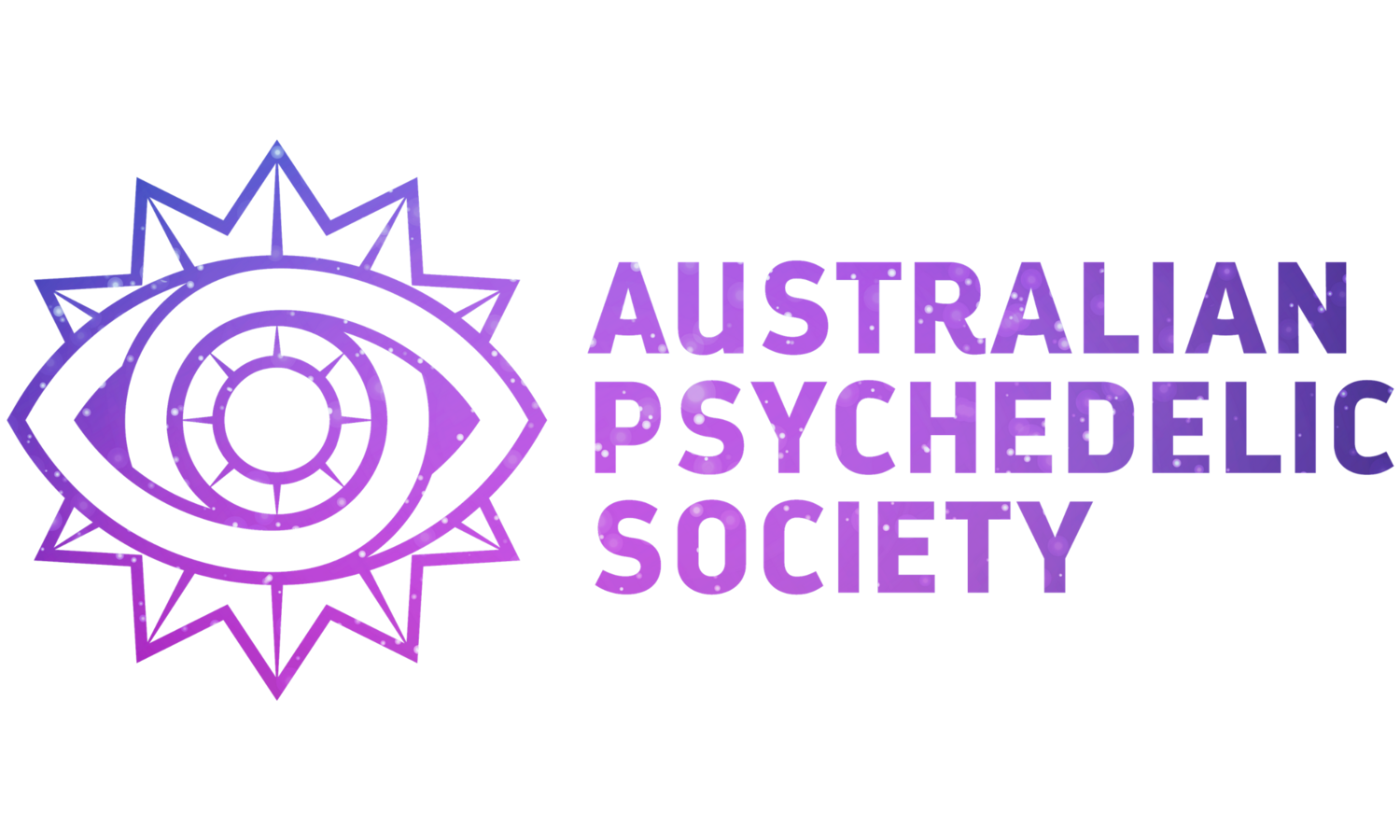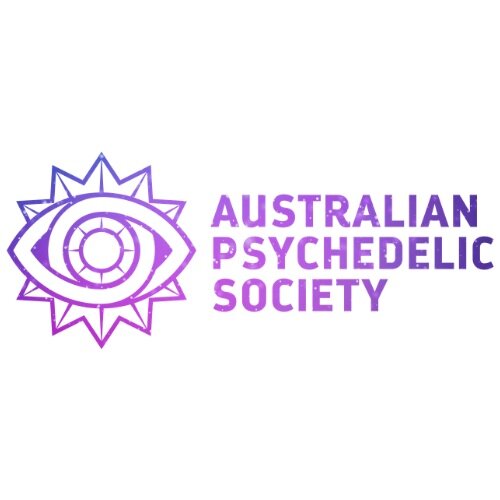Psychedelics as Oracles: Life Hack or Red Flag?
by Stu Hatton
Photo by Viva Luna Studios on Unsplash
Are psychedelics a kind of oracle?
In antiquity, an oracle was a priest or priestess who acted as a medium, relaying advice or prophecy from the gods.
While some people believe that psychedelics can precipitate communication with deities or spirits, I’m inclined to remain agnostic on this point. In this article I’ll consider psychedelics as oracles in terms of the colloquial sense of ‘oracle’: a bearer or conduit of knowledge or truth.
I think it’s fair to say that a psychedelic experience can uncover something truthful, by allowing you to see aspects of yourself or your world that you’d missed, or been neglecting. Or psychedelics might provide a vision that you interpret as some kind of window into your past or future. But in what sense can such visions be taken as ‘true’? If, during a LSD trip, you’re presented with a scene of a friend plotting your downfall, would you treat it as evidence that they were really doing so, and throw accusations their way? (I’m guessing most readers would be leaning towards ‘No’.)
Without straying too far into the realms of speculation, we could still propose that most, if not all, hallucinations or other sensory phenomena we experience during a trip have some kind of truth to them. They don’t just pop up in a vacuum; they probably say something about us, our desires, our fears. In this respect, psychedelic experiences might be compared to dreams (which in turn might be seen as another form of oracle).
To go back to the example of the friend plotting your downfall, rather than treating this vision as ‘real’, we might interpret it as a signal that we find the friend untrustworthy, or have strong feelings of dislike for them that we hadn’t fully acknowledged. (Or there could be various other interpretations, depending on a wide range of factors, not least of which would be the methods of interpretation we employ.)
Like dreams, I’d argue that psychedelic phenomena often require a kind of interpretation that doesn’t take everything at face value; such interpretation might be seen as part of the work of integration. And while images, insights or ‘downloads’ that come to us during a trip may feel true to us at the time, they shouldn’t necessarily be taken as gospel.
If psychedelics are oracles, they are fallible ones. But then, aren’t all oracles fallible? Well, that might depend on who you ask …
Psychedelics & synchronicity
Carl Jung’s concept of synchronicity will be familiar to many psychedelic users. Synchronicity is about deriving personal significance from coincidences, or from non-causal connections between things. However, in my experience, in some circles (including some psychedelic communities), synchronicity is seen to be a more powerful phenomenon than this, whereby coincidences are never just coincidences, but are orchestrated by forces that might loosely be called ‘fate’ or ‘destiny’.
Inspired by Jung’s ideas about synchronicity, the likes of Joseph Campbell and Stanislav Grof have taken the stance that ‘everything happens for a reason’. If you see a snake on the road, for example, this is a symbol that has appeared just for you, with deep significance. The whole world can be read like a Tarot deck: it becomes a question of interpreting the ‘cards’ that are dealt to you from moment to moment, figuring out what message the universe is trying to send you. And some people see psychedelic experiences as a way of entering more fully into this Tarot-like reality, by opening up to synchronicities. To do so might allow you to move away from a more conventional, scientific/materialist view of causality, and see your place in the world in a way that is arguably ‘deeper’ and more charged with significance.
Attuning to synchronicities is seen by some as a ‘life hack’ for aligning with one’s true purpose, while also being a way to make life more interesting and meaningful. Whereas I’d argue that everything is meaningful in a sense, and open to interpretation, but not necessarily in terms of a pre-ordained personal ‘destiny’.
Nevertheless, I confess I’m partial to flirting with the idea of synchronicity, treating it as a kind of game, just as I might deal out Tarot cards, and find it fun and interesting to interpret them, only to put them aside later. Maybe some aspect of the interpretation stays with me for a little while, but after that I turn my attention to other things.
Jung himself saw synchronicity as something that could be useful in psychotherapy, to explore coincidences in terms of their symbolism and personal significance for the patient. However, he cautioned that patients prone to psychosis could take their attentiveness to synchronicity too far, whereby it could become a dangerous exercise.
Psychedelics and chatbot oracles
People treating AI chatbots as some kind of oracle is a phenomenon that’s been making headlines recently, with some commentators and clinicians pointing to the possibility of ‘AI-induced psychosis’. Without wanting to stigmatise people who’ve experienced psychosis, what such cases point to is the potential for chatbots to validate or even encourage a user’s false beliefs and/or dangerous intentions. To be fair, perceiving anyone or anything as a trustworthy oracle, whether it be a cult leader or a horoscope, might also involve similar risks. However, the fact is that chatbots are now pretty much omnipresent, always available to provide near-instantaneous responses via a phone or other device. So when we consider their ubiquity, along with their propensity to tell users what they want to hear, perhaps chatbots are among the most dangerous things we have that could be seen as an oracle?
Whether users imagine a chatbot as a trip-sitter, therapist, or something else, there can be a temptation to assume that the AI ‘has the answers’. Whereas in actuality, when responding to a prompt from the user, the chatbot composes a reply that draws upon the masses of data it has been fed. Large language model (LLM) chatbots such as ChatGPT construct responses based on which words are most likely to follow the previous word (albeit not always choosing the most likely option, partly to make outputs a little less generic-sounding). And at least some of the time, chatbot responses seem intelligible and appropriate. But as we’ve seen from countless examples, we’d be crazy to assume the chatbot is going to be correct one hundred per cent of the time. Sometimes its outputs are wildly inaccurate, misleading, or outright dangerous. The chatbot is a deeply flawed ‘oracle’ at best.
If you ask me, rather than relying on chatbots, when it comes to therapy, or guides/trip-sitters for psychedelic work, there’s no substitute for an experienced, knowledgeable, and well-qualified human being. (Granted, many people cannot access such people due to cost, distance, etc.) Even so, seeing a flesh-and-blood therapist, guide, or shaman as an oracle has similar pitfalls to seeing a chatbot or a psychedelic experience as an oracle. But if they’re doing their job properly, therapists and guides should dissuade their clients from treating them as an infallible source of truth. Unfortunately, in the unregulated spaces of the psychedelic underground, and even in tightly regulated therapeutic contexts, there will be cases where the therapist or guide has some kind of ‘guru complex’ or exploits the relationship with their client for their own ends.
Conclusion
For some, the desire to access an oracle may form part of an earnest attempt to reach some kind of closure, understand one’s ‘true purpose’, or as a step towards ‘wholeness’. Others might write off questioning an oracle for the purpose of divination/fortune-telling as ‘woo’ or wishful thinking—a misguided hope for easy answers and quick fixes.
My main point is that it can be dangerous to treat psychedelics (or Tarot, or chatbots) as the thing that provides ‘The Answer’. Not to throw shade on people who feel they have ‘The Answer’ courtesy of religion, ayahuasca, or something else. But my position is that chasing ‘The Answer’, ‘wholeness’ or ‘completeness’ is to go astray. Let’s be clear: I don’t have ‘The Answer’; in a way I’m arguing that ‘The Answer is not The Answer’ (paradoxical as that may sound). To borrow some terms from Todd McGowan, rather than seeking answers that can ‘make us whole’, I’d argue for embracing our alienation, and reconciling ourselves to contradiction. Not that we should revel in suffering or be indifferent to the suffering of others—not at all. But seeking ‘The Answer’ tends to amount to seeking a way out; it may lead us towards solutions that are ‘too good to be true’, or towards escapism or spiritual bypassing, rather than actually dealing with the difficulties of life. And if that’s where some psychedelic seekers are at, well, I’ve been there myself, and during difficult moments still find myself seeking escape, answers, or someone who’ll give me the answers.
Don’t get me wrong: psychedelic experiences can provide life-changing insights, inspiring ideas, and help to rekindle our relationships with others. But treating a psychedelic as an oracle that must be believed and followed at all costs is more of a red flag than a life hack as far as I’m concerned.
Then again, are life hacks ultimately what we’re looking for? They might help us to achieve certain pragmatic goals, be more productive, or optimise our performance in a particular domain of life. But they tend to result in some kind of incremental change, rather than being truly revolutionary. In other words, they are not The Answer. Whereas dedicating ourselves to a cause, practising radical self-acceptance, or shifting the way we understand what ‘self’ even means, and acting accordingly … maybe these things could be revolutionary? (But again, don’t ask me: I don’t have The Answer!)
So long as you’re able to maintain a degree of critical distance, it’s probably fairly harmless to ‘flirt with the oracle’, generally speaking, whether it comes in the form of a psychedelic or something else. I’m still sympathetic to the idea that making judicious use of the oracle, treating it as a game or a spur for creativity, could be considered a worthwhile life hack. But on the other hand there’s serious risk of harm to yourself and others if you’re set on following supposed oracles, and this, for you, becomes the only game in town.


